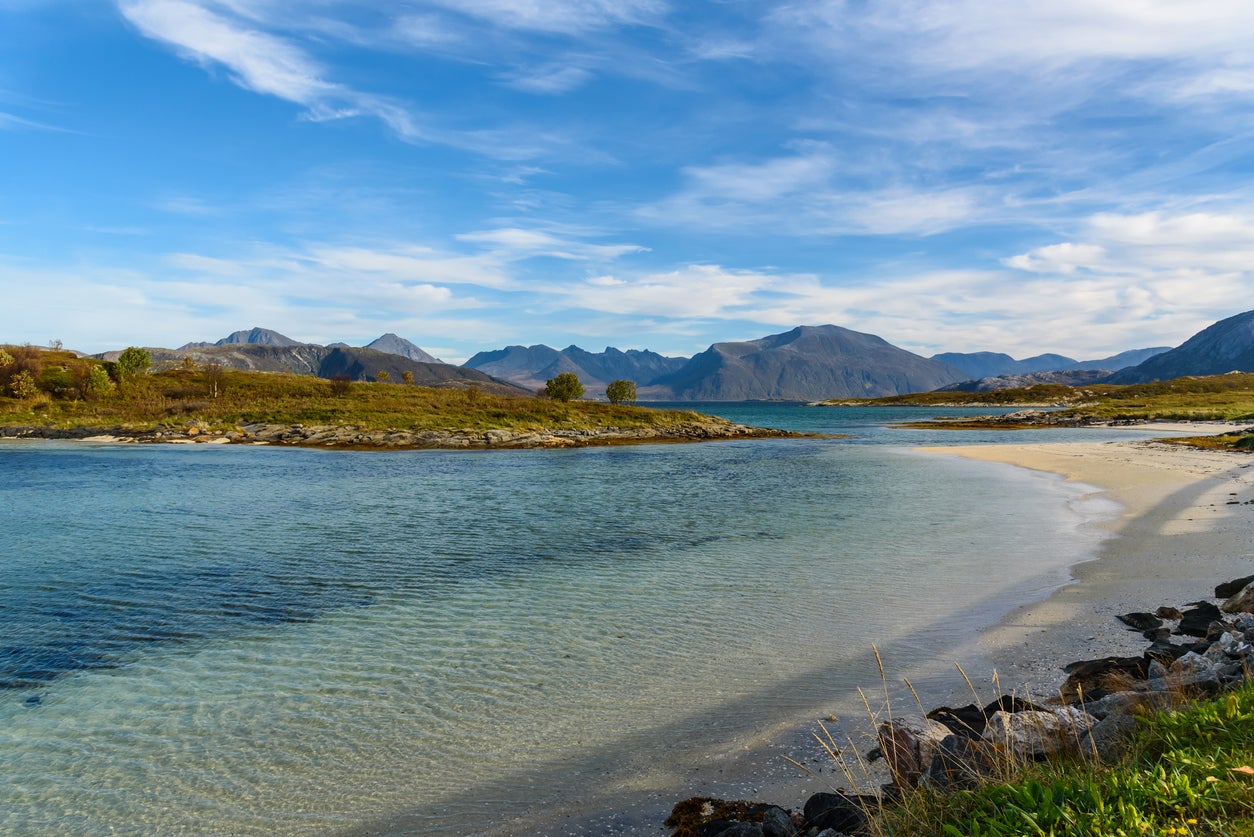Norwegian island wants to erase the concept of time
Sun doesn't set on Sommaroy for 60 days a year

Your support helps us to tell the story
From reproductive rights to climate change to Big Tech, The Independent is on the ground when the story is developing. Whether it's investigating the financials of Elon Musk's pro-Trump PAC or producing our latest documentary, 'The A Word', which shines a light on the American women fighting for reproductive rights, we know how important it is to parse out the facts from the messaging.
At such a critical moment in US history, we need reporters on the ground. Your donation allows us to keep sending journalists to speak to both sides of the story.
The Independent is trusted by Americans across the entire political spectrum. And unlike many other quality news outlets, we choose not to lock Americans out of our reporting and analysis with paywalls. We believe quality journalism should be available to everyone, paid for by those who can afford it.
Your support makes all the difference.A Norwegian island is campaigning to get rid of the concept of time, allowing residents to do “what we want, when we want”.
Citizens of Sommaroy in West Tromso, north of the Arctic Circle, argue that normal business hours should not apply to them because they do not experience time like the majority of the rest of the world.
The sun doesn’t rise in winter or set in summer on Sommaroy, leading most of the island’s 300 residents to back a bid for it to become the world’s first time-free zone.
Kjell Ove Hveding, leader of the Time-Free Zone campaign, said the aim is to provide flexibility.
“All over the world, people are characterised by stress and depression,” he told Norwegian broadcaster NRK.
“In many cases this can be linked to the feeling of being trapped, and here the clock plays a role. We will be a time-free zone where everyone can live their lives to the fullest.
“Children and young people still have to go to school, but there is room for flexibility. One does not need to be put into a box in the form of school or working hours.
“Our goal is to provide full flexibility, 24/7. If you want to cut the lawn at 4am, then you do it.”
Between 18 May and 26 July the sun doesn’t set on Sommaroy for a full 60 days, making it difficult to differentiate between night and day. It's symbolised by the bridge from the mainland to the island, which is covered in discarded watches and timepieces.
According to Hveding, the move to abolish time would just be formalising something that happens already.
“There’s constantly daylight, and we act accordingly,” he added. “In the middle of the night, which city folk might call ‘2am’, you can spot children playing soccer, people painting their houses or mowing their lawns, and teens going for a swim.”
The campaign gained international attention after Hveding publicly handed a petition to local MP Kent Gudmundsen in June to discuss the practicalities and challenges of implementing it going forward.
Since then, other northern towns, including Finnmark and Nordland, have reportedly thrown their support behind the idea too.
Join our commenting forum
Join thought-provoking conversations, follow other Independent readers and see their replies
Comments